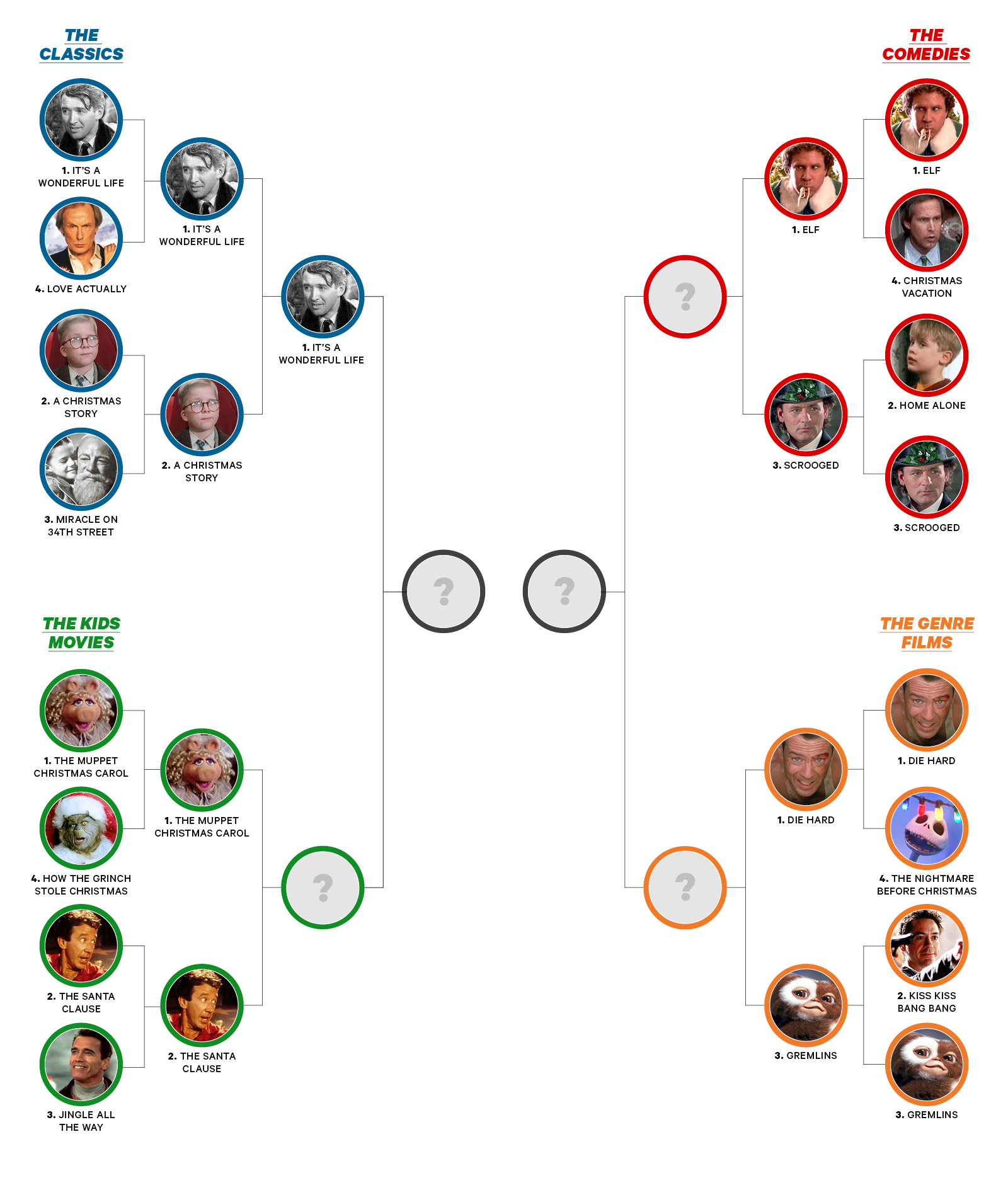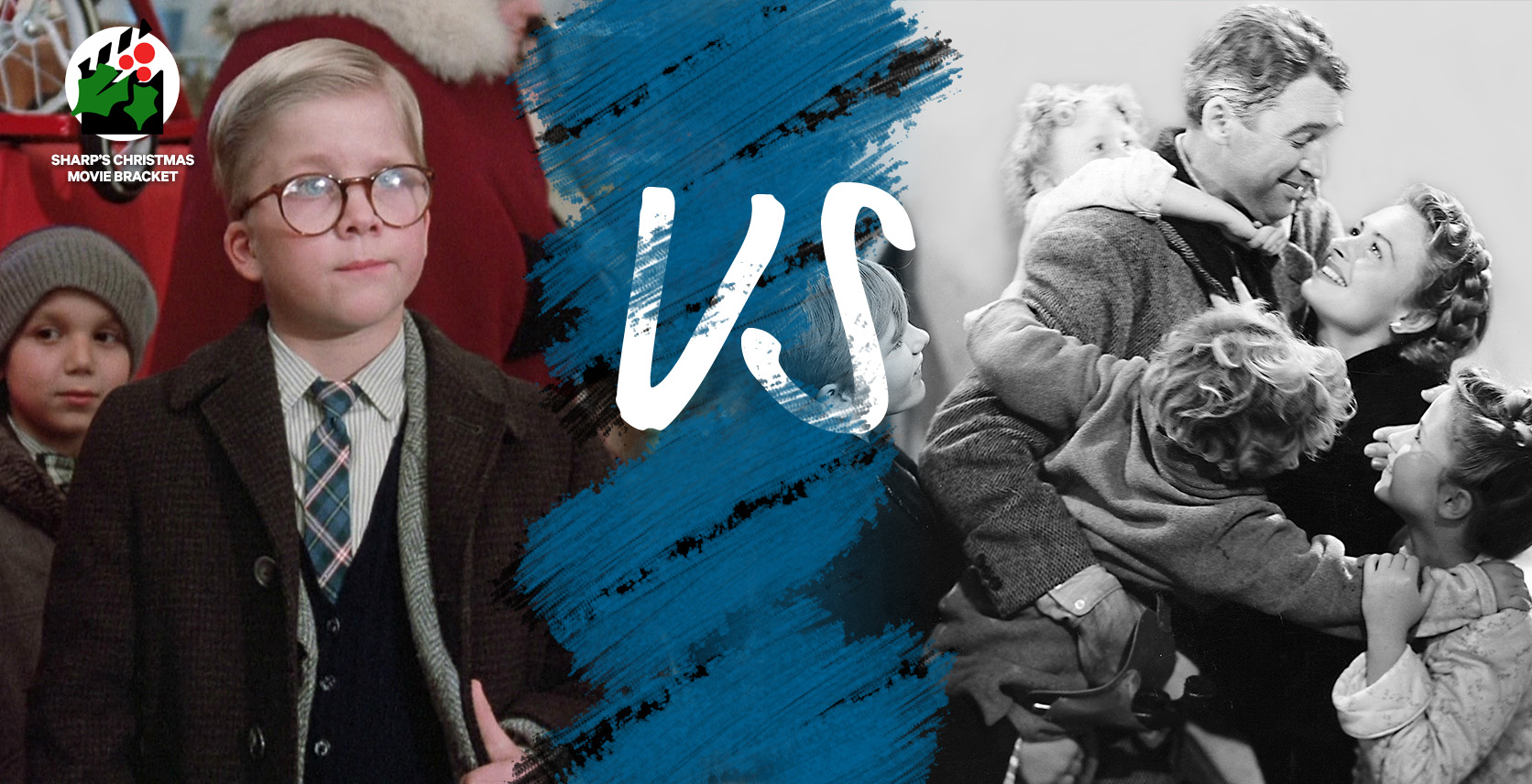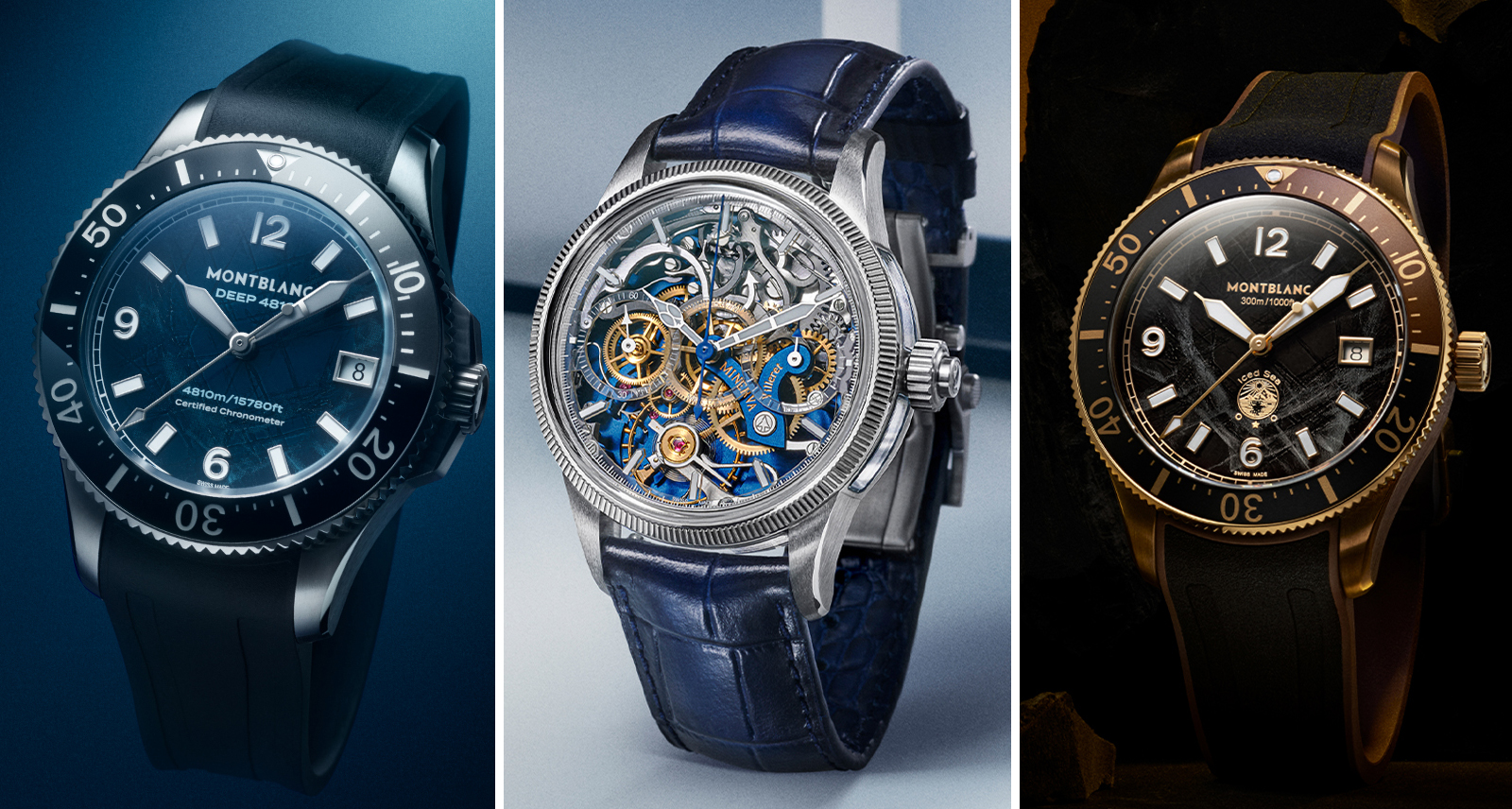Christmas Movie Smackdown: ‘It’s A Wonderful Life’ vs. ‘A Christmas Story’
To read more of Sharp’s Christmas Movie Smackdown, click here.
We’ve made a lot of sweeping statements about Christmas and Christmas movies during this tournament. They’ve all been true, to a certain extent, because a holiday as big and all-consuming as Christmas isn’t just one thing to all people. So, forgive one more (probably accurate) generalization: Christmas is a holiday for children. Or at least mostly. It’s not surprising, then, that when Christmas movies focus on the plights of young kids, they struggle to maintain their original sparkle when those kids grow up. Not everything can be wide-eyed wonder, sugarplums and brightly-wrapped gifts forever.
As bleak and depressing as It’s A Wonderful Life gets (bleeding ears, dead dads and librarian wives, oh my!), it’s easy to sympathize with George Bailey’s life going the exact opposite way he’d imagined. Actually, we feel Bailey’s pain precisely because his existence is bleak. We all slightly nod in agreement when he declares, “Why did we have to have all these kids anyway?” Preach, George. By the end you’re hoping something good works out for George, but you also need a miracle for miracle’s sake. Then he gets his happy ending, you ugly cry, and all is right in the world.
A Christmas Story has somehow maintained its popularity with a little boy at its centre, and the silly issues that come with being a little boy. He wants a BB gun for Christmas. That’s it. An unattainable gift was relatable when we were young. But now, just as we found ourselves nodding along with George Bailey, as responsible parents, we understand the reasoning behind Ralph’s parents’ apprehension. Still, strip away the age of the protagonist, it’s interesting that two of the most enduring holiday movies are so bittersweet. Each a treatise on hopes being dashed, delayed gratification, and the painful intrusion of reality into our dreams and plans. Ralph almost does shoot his eye out. But, we can’t separate A Christmas Story from it’s childhood setting. And that’s the defining difference between the two. A Christmas Story is tinged with darkness, but it’s all in the service of nostalgia. It’s a sweet kind of sadness, this growing up. While we have fond memories of watching It’s a Wonderful Life, it’s not a nostalgic film. It’s almost the inverse of Ralph’s tale: darkness, with hope clawing at the edges.
The conceit of A Christmas Story is an older Ralph telling his story like your favourite grandparent. But George Bailey doesn’t tell his own story — he hasn’t lived through it yet. Perspective is everything. The happy ending, as ambivalent as it is, of A Christmas Story is a foregone conclusion from the beginning. Poorly lit smudges, which we’re told are angels, take us through George’s story. And even they don’t know how it’s going to end.
If we’re going to be expected to rewatch a movie every year, it needs resonate with us at any age. It’s no surprise that, as this tournament progresses, almost all of the winning movies on this list have an adult protagonist whose own life could well be our own (and no, you’re probably not John McClane; but you might be Holly Gennaro). Because we don’t know how this year, this life, is going to end. We’re grown-ups, damn it, and along with the adults in these films, we learn lessons and bitch and moan about our problems — which are, sad to say, more pressing than a bad Christmas gift (which isn’t to minimize how important gifts are to our kids). And ultimately, we feel better for it.
Which is kind of how you go about watching a Christmas movie in the first place.
THE WINNER: It’s a Wonderful Life











